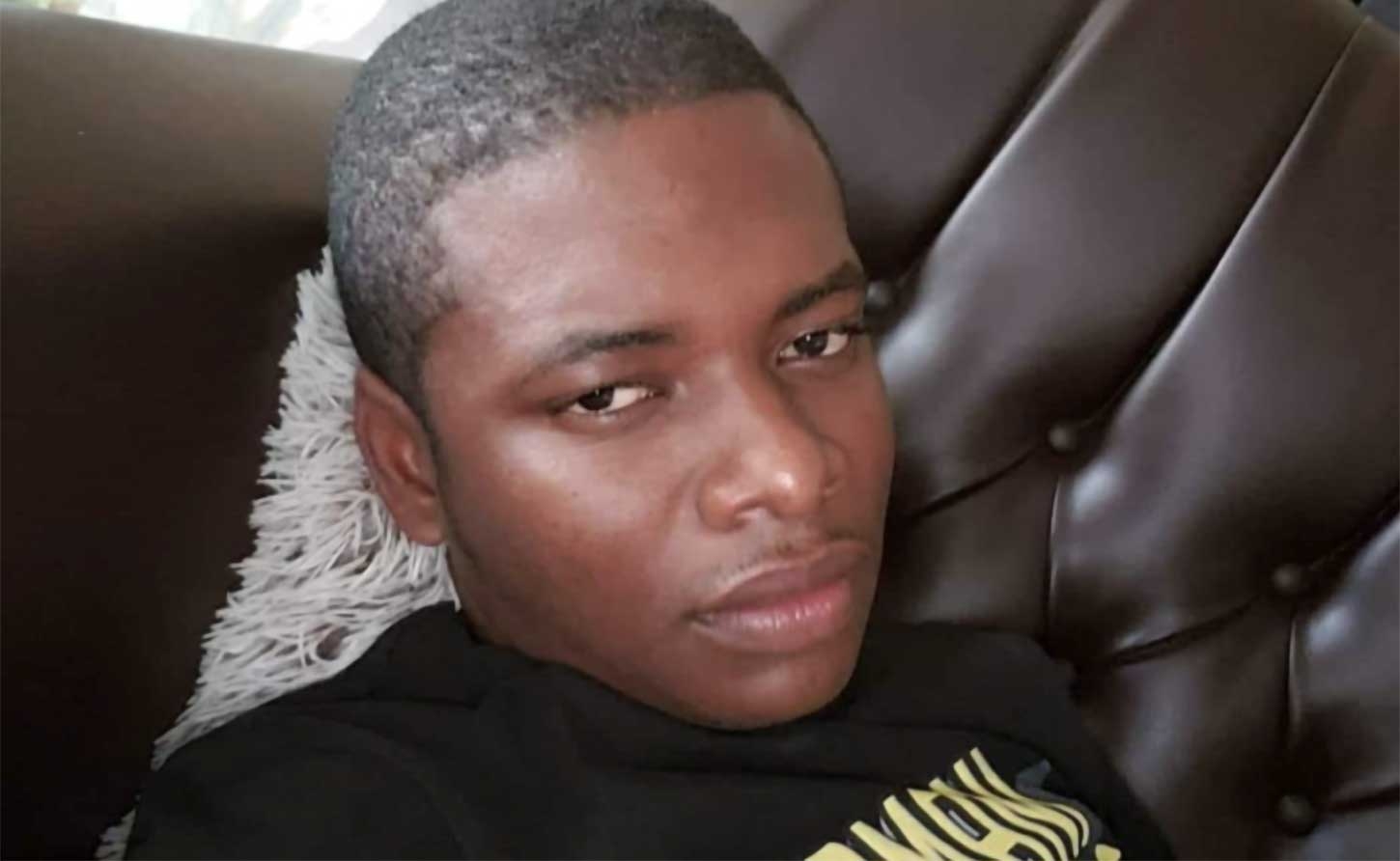GUYANA | State Ordered to Pay $24M in Landmark Ruling Over Unlawful Police Killing

GEORGETOWN, Guyana, November 19, 2024 - In a stunning rebuke of police misconduct, the High Court of Guyana has mandated the government pay $24 million in compensation for the unlawful killing of Quindon Bacchus, a 25-year-old father whose death exposed deep-seated systemic failures within law enforcement.
The ruling, delivered on November 13, 2024, stems from a fatal police operation on June 10, 2022, in Haslington, East Coast Demerara, where Bacchus was killed under circumstances that would unravel to reveal a troubling narrative of potential police brutality and institutional cover-up.
Initially, police claimed Bacchus was engaged in an illegal firearms transaction that precipitated a shootout. However, subsequent investigations dismantled this narrative comprehensively. No evidence supported the operation's authorization, the purported weapon was forensically proven inoperable, and crucially, no civilian witnesses corroborated the police's account.
The forensic breakdown of the case revealed a harrowing sequence of events. A post-mortem examination exposed the brutal reality: Bacchus suffered six gunshot wounds, with five striking his back and one to his chest—a pattern suggesting execution-style killing rather than a legitimate confrontation.
In the wake of these revelations, the judicial system took decisive action. Lance Corporal Kristoff DeNobrega was charged with murder and remanded to prison, while two other officers faced charges of obstructing justice and conduct prejudicial to disciplinary standards.
The legal battle, initiated by Bacchus' grieving mother and pursued by Dexter Todd and Associates, culminated in a landmark ruling that went beyond mere financial compensation. Justice Niles unequivocally declared that the State had violated Bacchus' constitutional right to life, awarding $24 million—including $1 million for funeral expenses, $22.5 million in damages, and $500,000 in legal costs.
A prominent legal commentator noted, "This decision is a landmark in Guyana's legal landscape, sending a strong message that no one is above the law, including law enforcement officers. The case underscores the importance of protecting citizens' constitutional rights and ensuring accountability when those rights are violated."
The case has become a powerful catalyst for broader societal introspection. Public protests that erupted following Bacchus' death were not merely expressions of grief, but potent demonstrations of collective outrage against systemic police misconduct. As one commentator pointedly observed, "The case of Quindon Bacchus also highlights the need for reform within the Guyana Police Force to ensure that police actions are conducted within the boundaries of the law."
Beyond the immediate legal victory, the $24 million compensation represents more than financial restitution. It symbolizes a critical moment of judicial accountability, challenging the long-standing culture of impunity within law enforcement. The ruling sends an unambiguous message: constitutional rights are not negotiable, and those sworn to protect citizens must themselves be held to the highest standards of legal and ethical conduct.
While monetary compensation can never fully heal the emotional wounds inflicted on Bacchus' family—particularly his young son left fatherless—the court's decision marks a potential turning point. It transforms a personal tragedy into a national conversation about human rights, police conduct, and the fundamental principles of justice.
As Guyana confronts these challenging issues, the Bacchus case emerges as a pivotal moment. It represents more than an isolated incident of police misconduct; it is a profound challenge to the systemic structures that have historically permitted such violations.
The ripple effects of the Bacchus case extend far beyond the courtroom. Legal experts and human rights advocates are positioning this ruling as a potential watershed moment for judicial accountability in Guyana. The unprecedented compensation and public acknowledgment of systemic misconduct suggest a growing institutional willingness to confront long-standing issues within law enforcement.
The Attorney General's office, by accepting liability in July 2024, demonstrated an unusual transparency that could signal a nascent shift in governmental approach to police accountability. This voluntary admission of wrongdoing, rather than protracted legal resistance, marks a departure from historical patterns of institutional defensiveness.
Moreover, the case illuminates the profound human cost of unchecked police power. Bacchus—a young father reduced to a statistic of state violence—becomes a symbol of broader societal vulnerabilities. His death and the subsequent judicial process lay bare the critical importance of robust legal mechanisms that can challenge and rectify institutional misconduct.
As national discourse continues to evolve around this case, one fundamental question remains: Will this landmark ruling catalyze meaningful, systemic reform, or remain an isolated act of judicial intervention?
The ripple effects of the Bacchus case extend far beyond the courtroom. Legal experts and human rights advocates are positioning this ruling as a potential watershed moment for judicial accountability in Guyana. The unprecedented compensation and public acknowledgment of systemic misconduct suggest a growing institutional willingness to confront long-standing issues within law enforcement.
Moreover, the case illuminates the profound human cost of unchecked police power. Bacchus—a young father reduced to a statistic of state violence—becomes a symbol of broader societal vulnerabilities. His death and the subsequent judicial process lay bare the critical importance of robust legal mechanisms that can challenge and rectify institutional misconduct.
-30-
